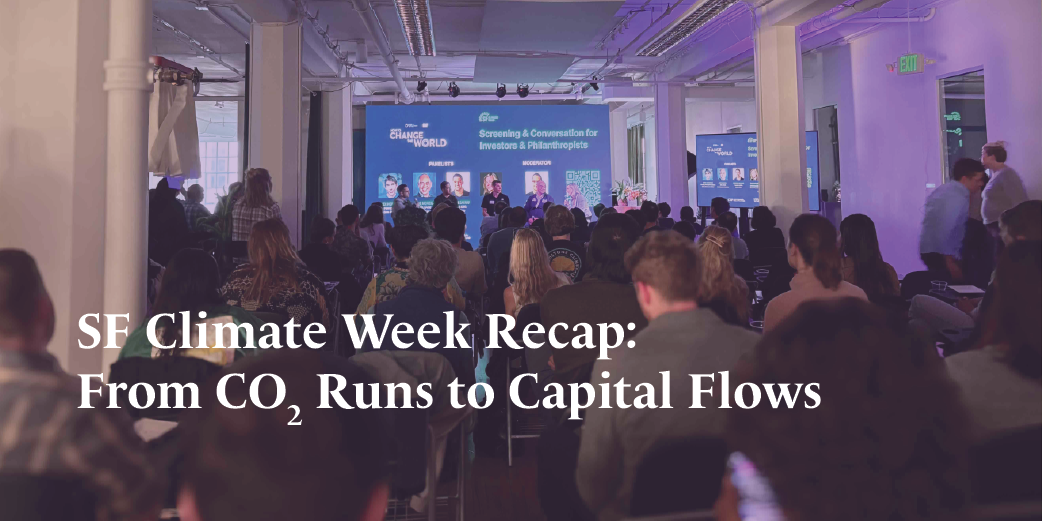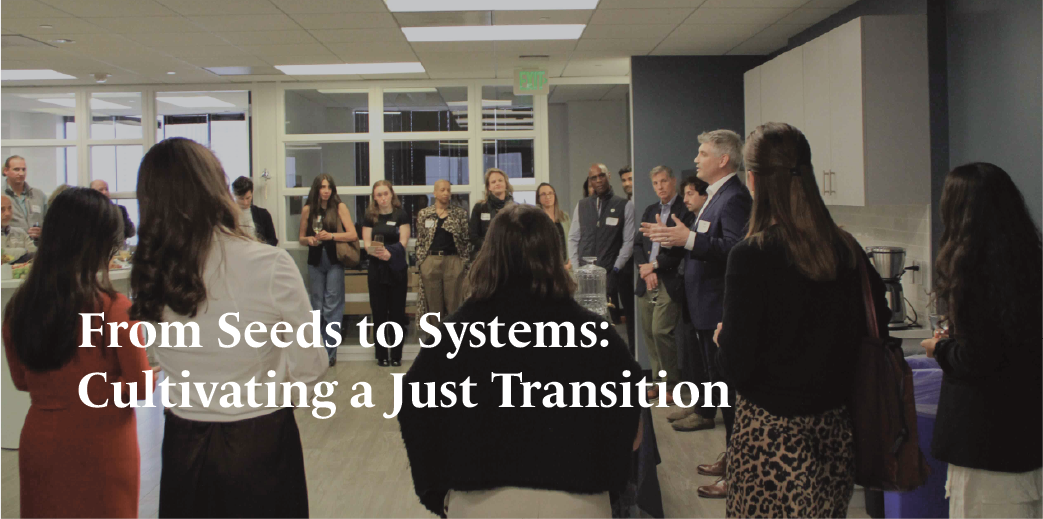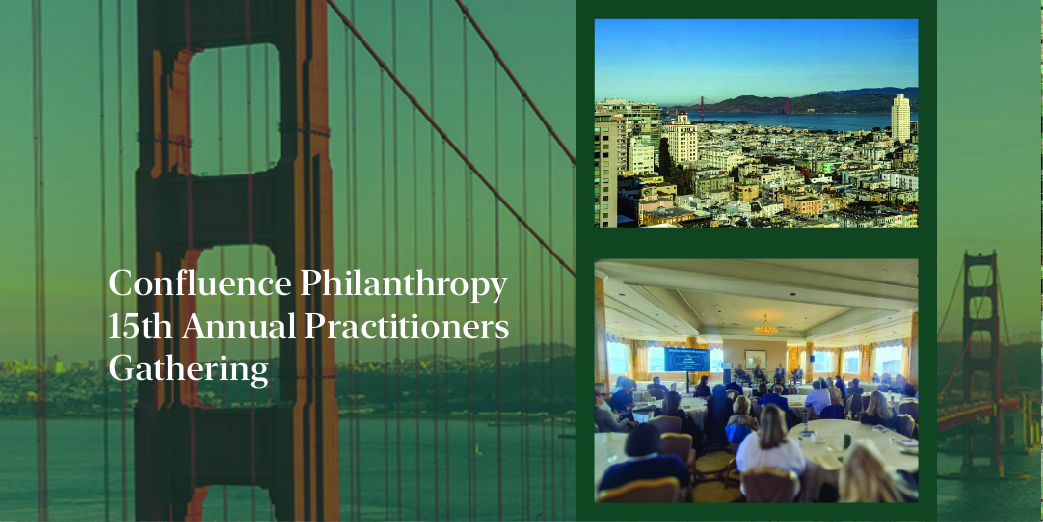Forbes, By Michael Zakaras
June 20, 2014
Charly Kleissner is a former tech entrepreneur and early pioneer of impact investing. He moved from Austria to Silicon Valley in the mid 1980s and worked for Hewlett Packard, as well as alongside Steve Jobs. Two of the start-ups that Charly worked for were successfully sold, and one (Ariba) went public in 1998. He and his wife Lisa co-founded the KL Felicitas Foundation to support social entrepreneurs around the world and to bring like-minded investors together to redefine the meaning and purpose of investing in the first place.
This winter I sat down with Charly in Silicon Valley to discuss his ideas for impact investing, his thoughts on whether global solutions really exist, and the importance of personal reflection.
Ashoka: Everyone is talking about impact investing these days. How much social impact is really possible here and how much is just deal-making with a small trickle of social benefit somewhere?
Charly Kleissner: Oh, there’s a huge amount of impact possible. Huge. But we need to get past impact investing 1.0. I’ve spent the last ten years working on this, and we’ve evolved somewhat from the early days of ‘mission investing’ which was essentially negative screening and divestment from industries like tobacco and firearms. But this doesn’t mean impact investing is anywhere near mainstream yet. We want to help it get there. And get big.
Lisa and I were some of the first to go to 100% impact investing across all asset classes – as opposed to carving out impact investing as a small and separate asset class, which is what most people do. And the key is that our investments have been competitive compared to industry standard benchmarks within those asset classes. Together with Sonen Capital, KLF recently published a report showing as much. So we’re trying – along with others now – to disprove the idea that such portfolios don’t exist.
There’s actually a much higher absorption capacity for impact capital than many realize. And over the next 2-3 years we want to show that there are at least a dozen such $500 million impact portfolios. That’s one reason we founded Toniic, a network of action-oriented impact investors, and more recently the 100% IMPACT Network, a global peer-to-peer network of asset owners who have intentionally committed 100% of their assets to social and/or environmental impact. The network is re-conceptualizing Modern Portfolio Theory to become ‘Total TOT -1.44% Portfolio Theory’ which integrates positive impact and re-assesses the existing risk-return assumptions. And as we demonstrate successful impact portfolios, we clear the road for institutional capital, which is critical.
Ashoka: But are there really enough investable opportunities when you start getting into the billions and trillions of dollars? And doesn’t the typical investor find this all too opaque and risky still?
Kleissner: Good question. If you had 10 trillion dollars today, you would not be able to deploy it all, no. But this can happen in stages. Global pension funds together represent 38 trillion dollars. No one can expect them to make radical changes in one short period. But the pension fund managers who take a longer-term view start to understand that ultimately the system will change since humanity will have to learn how to live within the resource constraints of the planet. And the proposition to them is this: carve out a small percentage – which alone could represent hundreds of billions – to put to work now, and to help us actually invent and shape this new system together. We need people to get out there and lead. What if the Harvard University endowment committed to move fully into impact investing across asset classes? That would set a new precedent for the $2 trillion in endowments in the U.S. But instead they are still playing the divestment game, which is a fairly low bar.
As for the risk, you can turn the question around: what is the risk of not moving in this direction? We have to be thinking long term. And even the least socially concerned investor knows the benefits of hedging – for example toward clean energy – because at some point a collapse in the status quo is inevitable.
Ashoka: You often refer to the “innovator’s dilemma” – what do you mean by this?
Kleissner: Well, the dilemma is that all of our current business models and processes and incentives exist to preserve the status quo – to perpetuate the existing system. It is very difficult to prepare systemic change from within the system. Often it is easier to incubate new models outside the existing system. Others then begin to notice and eventually the new system takes over. Here is the ideal case: a managed change to a new system. The only ones who lose in this situation are the ones who cling on to the old way of doing things. I fear that it might be too late to manage the change from an unsustainable financial system to an impact-oriented one without having to go through a very deep dislocation. It might take a crisis or multiple social and environmental crises to get us there.
Ashoka: Why do you say that you don’t believe in global solutions?
Kleissner: I say it because as an investor and philanthropist, I’m skeptical of top-down global approaches. I believe in the power of local and regional solutions, and leveraging the global infrastructure that now exists to enable those solutions to spread and thrive. Most big development and big philanthropy fails. I think the best approaches to solving social problems are ones that respect a region’s unique problems and identity and autonomy while intelligently incorporating global resources and technology.
What the more enlightened realize – like some Ashoka Fellows – is that we are at an inflection point in humanity in how we organize ourselves. The old model of competition, top-down, maximizing at the expense of all else, owning every piece of the puzzle – is being replaced by something more cooperative. And that effects how we conceive of scale and impact too.
Ashoka: It sounds like this requires setting aside your ego to a certain extent. Does this begin with changes in individuals?
Kleissner: Social transformation begins with personal transformation. Unless the CEOs of multinational companies change their own consciousness and awareness then we’re not going to get very far. We can show them the path but it’s ultimately up to them. The biggest positive action you can take is to figure out what reflection methodology works for you – where you spend time with yourself and figure out who you really are and what you really want. But it often means you need to step away a bit, including from your normal peer circles.
See the full article on Forbes.


